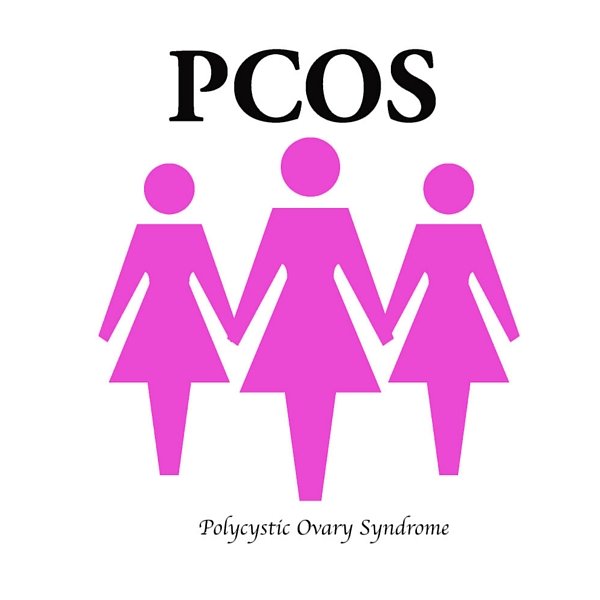Common PCOS myths busted
March 08, 2019 | Friday | Features | By Harish Natarajan
Polycystic Ovarian Syndrome (PCOS) is characterized by elevated androgen levels, seen in 5%-10% of women between 15 – 44 years.
image credit- motivationpedia.com
There is a lack of awareness of a lot of diseases which are considered as taboo until some inspiring celebrity opens up about it. Like in recent past, a lot of actors have come out in the open to share their stories and made the disease discussion more acceptable. Be it Sonali Bendre, rising up with her personal struggle of cancer diagnosis and side effects of chemotherapy, or Angelina Jolie changing the scenario of BRCA genetic testing, or more recently Sara Ali Khan, a young actor opening up about health struggle with Polycystic Ovarian Syndrome (PCOS). This International Women’s Day, we, are making an attempt to bring more awareness and acceptance of this disease by clearing some myths attached to it.
Polycystic Ovarian Syndrome (PCOS) is characterized by elevated androgen levels, seen in 5%-10% of women between 15 – 44 years. The symptoms include irregular menstrual cycle, hirsutism, acne, excessive weight gain or difficulty in losing weight, darkening of skin, infertility and pelvic pains.
Myth #1”If Your Menstrual Cycle Is Irregular, You Have PCOS”
Fact: There are many causes of irregular menstrual cycle and PCOS is only one of them. A normal cycle is anywhere from 21 to 35 days. Outside of that, breastfeeding, extreme dieting or over-exercising, pelvic inflammatory disease, uterine fibroids, and thyroid disorders are potential causes for a cycle that’s out of whack.
Myth #2 “PCOS is caused by your ovaries”
Fact: PCOS is primarily an endocrine disorder characterized by chronic hyper-androgenism (elevation of serum testosterone or other androgens) and chronic anovulation (absence of ovulation). The actual polycystic ovaries are merely a symptom.
Myth #3 “Women with PCOS are infertile”
Fact: Women with PCOS can have difficulty getting pregnant, but the infertility associated with PCOS is often easy to treat. Women who have PCOS and are overweight can often begin to ovulate regularly with very modest weight loss of even 10% of their body weight. 50% of women with PCOS will conceive with medication.
Myth #4 “PCOS does not happen to lean women”
Fact: This is a false perception that PCOS is only related to weight gain and hence only obese women can be affected. Even if you are lean and have painful or irregular periods or other symptoms or infertility, you should consult a doctor.
Myth #5 “PCOS is irreversible”
This myth about PCOS needs to be busted! Many women balance testosterone levels, lose body fat, resolve acne and facial hair growth, and regain their menstrual cycles through a mixture of diet, supplements, and lifestyle changes including stress reduction and better sleep.
Harish Natarajan, President & COO, Strand Life Sciences









